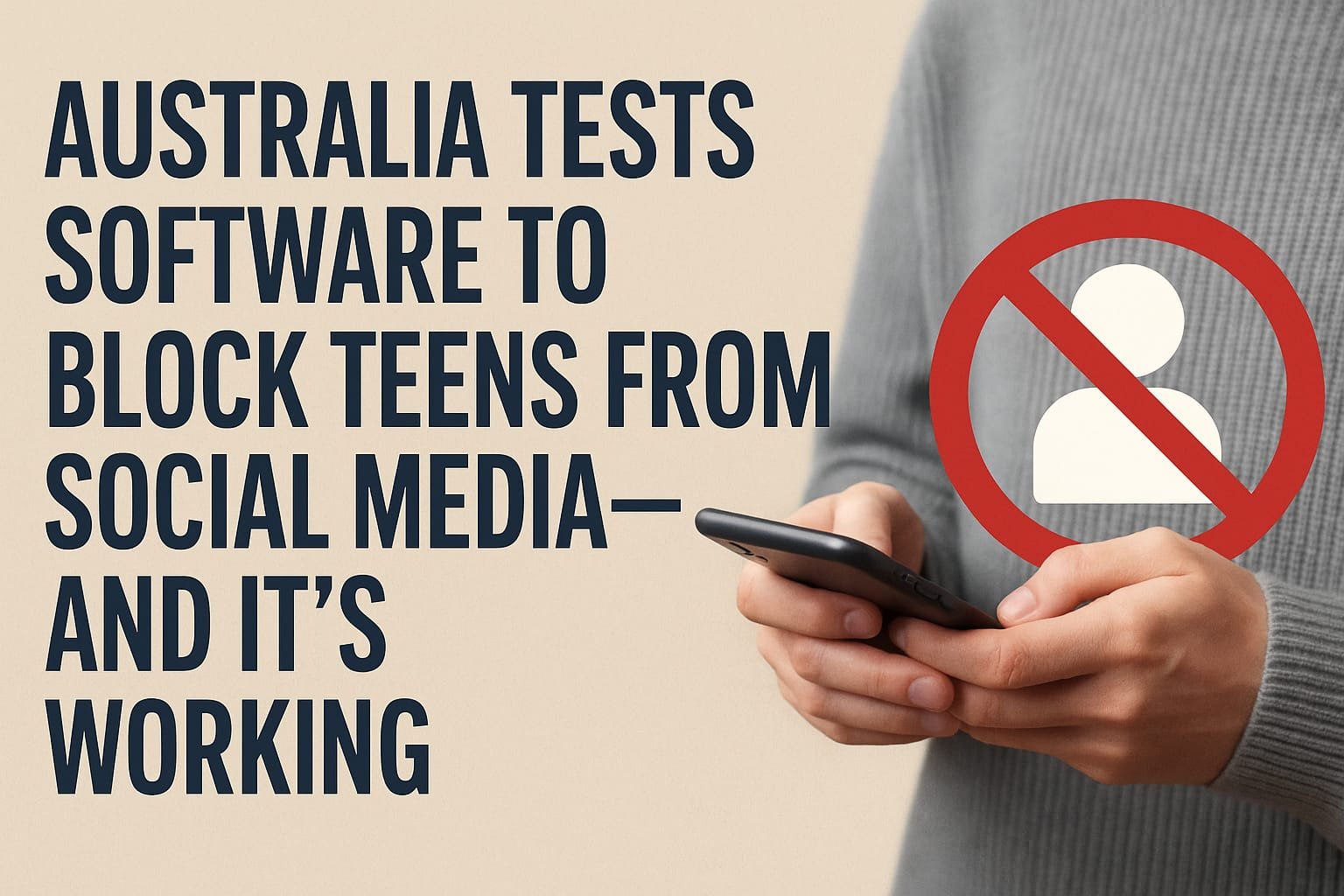
Australia has taken a big step toward making the internet safer for young people. In a large and important government trial, new age-checking software was tested to block children under 16 from using social media platforms like Facebook, Instagram, Snapchat, and TikTok. The results suggest that this technology can work effectively, even though it is not perfect.
This experiment, known as the Age Assurance Technology Trial, involved more than 1,000 Australian students and hundreds of adults. It was led by the government to see whether software could be used to stop children from signing up for social media. This is part of a broader effort to improve online safety and protect minors from harmful content, cyberbullying, and the risks of too much screen time.
Starting this December, companies like Meta, which owns Facebook and Instagram, as well as Snapchat and TikTok, will have to prove they are making serious efforts to keep under-16 users off their platforms. If they fail to do this, they could face fines of up to AUD 49.5 million, which is about 32 million US dollars. This move puts real pressure on tech companies to act responsibly.
The push for these rules began last year, when the Australian government introduced new legislation to address online child safety. Many child protection groups supported the move. They have long argued that children are being exposed to harmful online environments without enough protection. But simply passing laws is not enough. Enforcing them is where the real challenge begins.
One major problem has been that kids often find ways to bypass age restrictions. They use Virtual Private Networks (VPNs) to hide their location or lie about their age while signing up. This makes it hard for platforms to know who is really behind the screen. However, the trial showed that technology can play an important role in stopping these tricks, if used carefully and smartly.
Tony Allen, the CEO of the UK-based Age Check Certification Scheme, helped lead the trial. He said the software used in Australia worked well and did not face any major obstacles. However, he also warned that there is no single perfect solution. What works well in one situation may not work in another. Still, he believes that Australia’s trial has proven that age assurance systems can be used successfully without causing delays or problems for regular users.
Allen also raised an important concern. Some of the current age-checking tools collect too much personal data. This can become a privacy risk. Children and parents may not know how this data is being stored or used. It is important that future versions of this technology collect only the information that is truly necessary. Otherwise, there is a risk that personal data might be misused or leaked.
While the trial did not mention the names of specific software or companies involved, it gave a broad view of how the technology worked overall. A full report will be shared with the Australian government soon. This report will help guide future decisions about online safety and how to work with tech companies before the December deadline.
Australia is now one of the first countries in the world to try this kind of age-gating on a large scale. If successful, this effort could become a model for other countries facing the same problems. As young people spend more and more time online, the need for strong, fair, and reliable protections becomes even more urgent.
This trial shows that while the road is not easy, a future where children are safer online is possible with the right tools and strong leadership.



.jpeg)

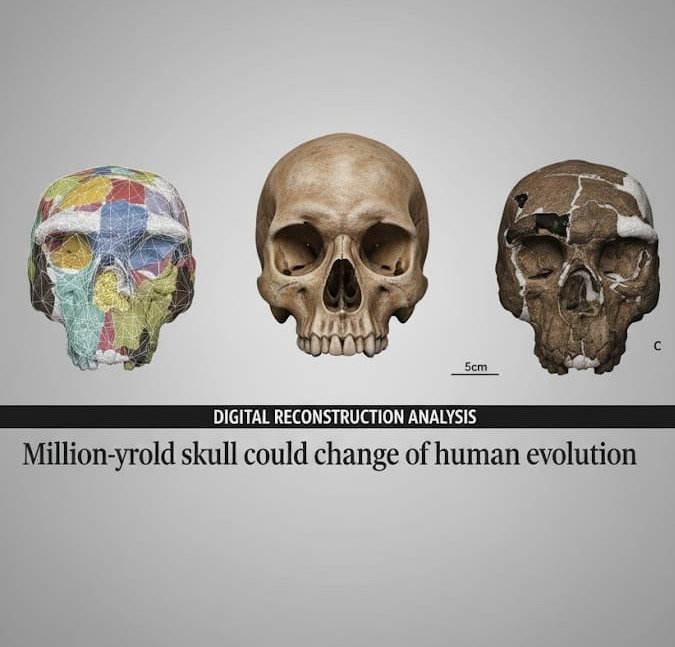
.jpeg)


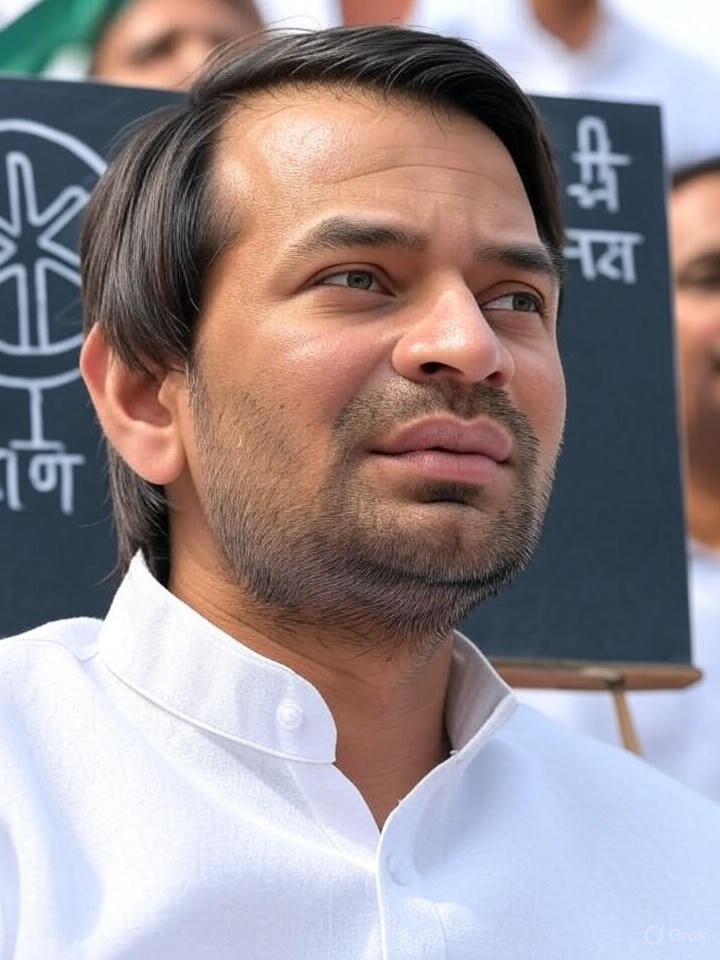
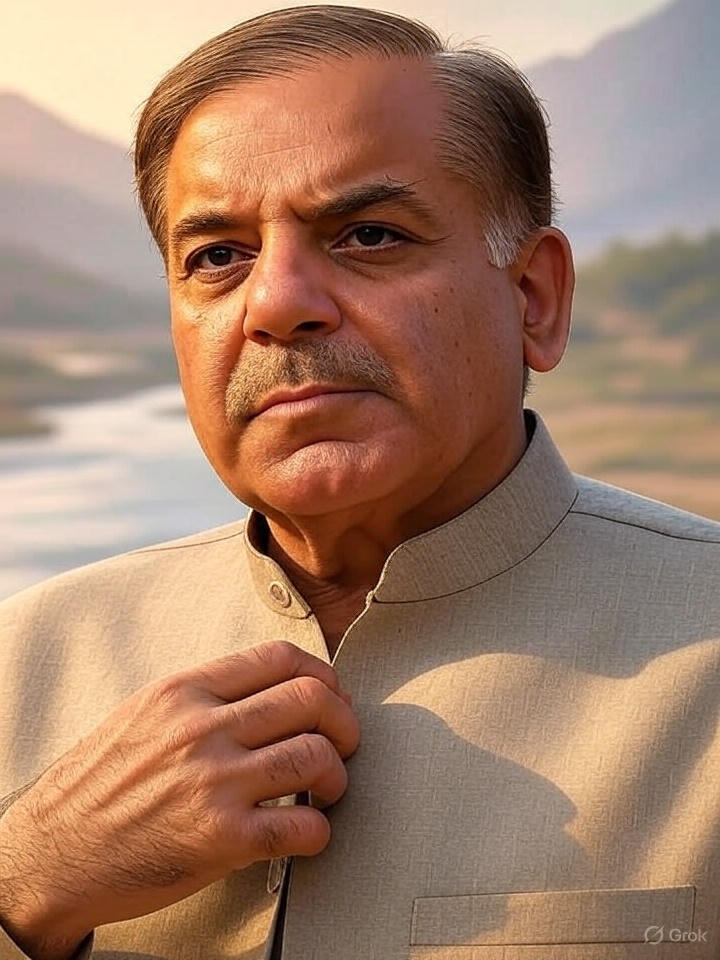
.jpeg)

.jpeg)
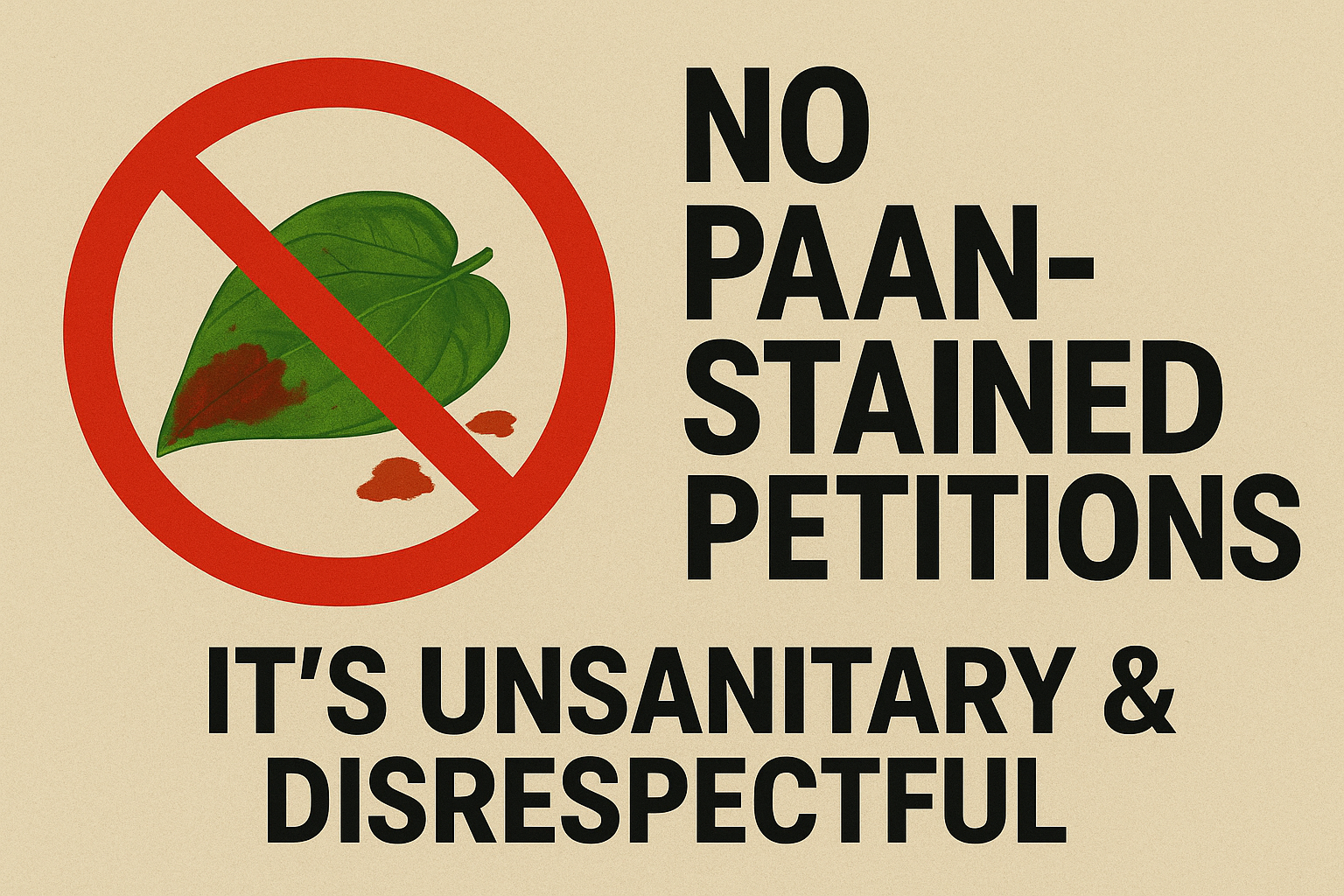
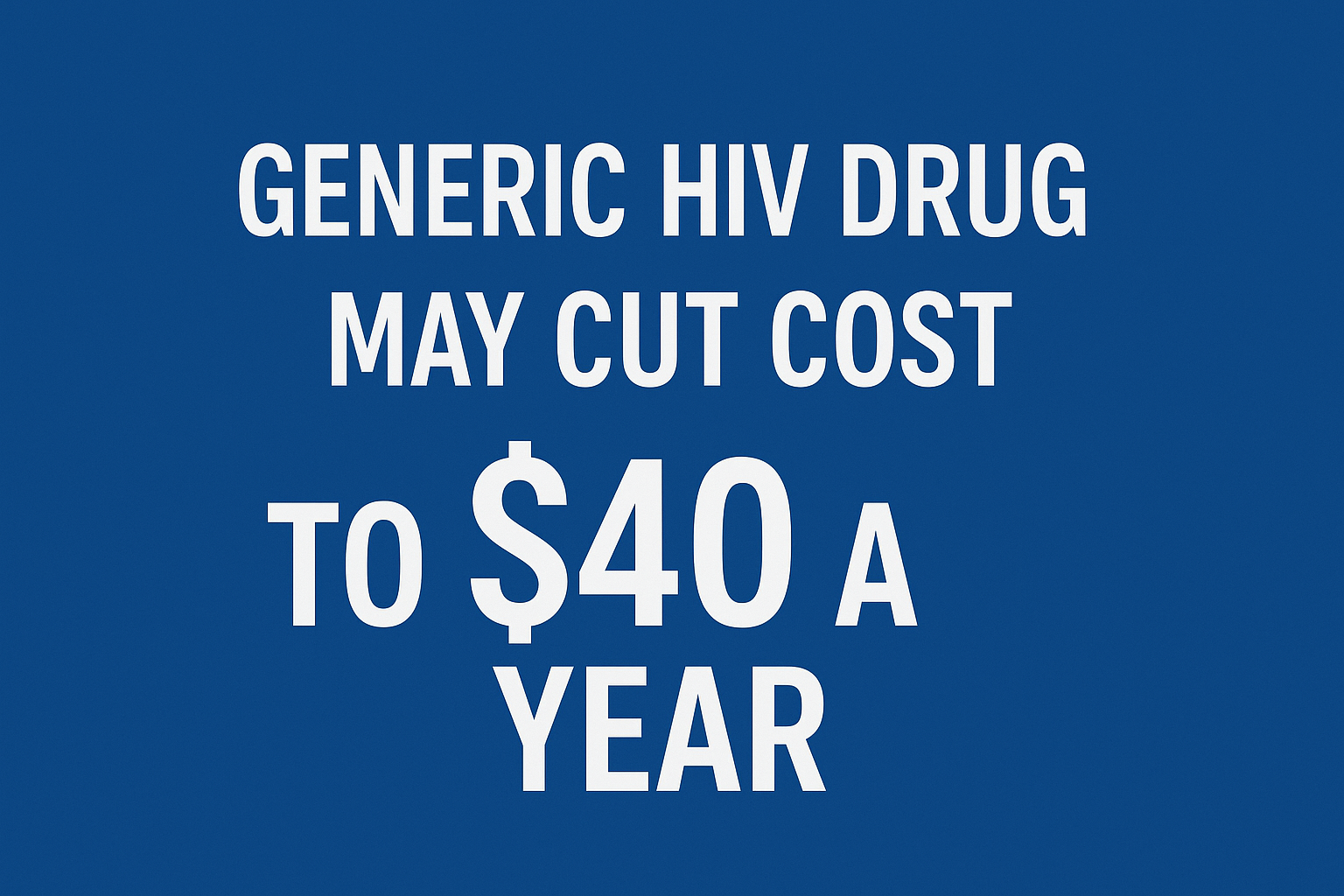
.jpeg)


.jpeg)

.jpeg)